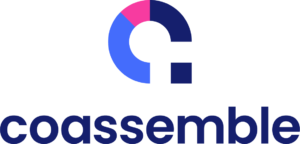Why Organizations Need Learning Management Systems (LMSs) For The Human Resources Industry
Managing training manually is time-consuming and inefficient. An LMS helps HR teams centralize learning programs and ensure employees stay engaged and compliant with company policies. With an HR-focused LMS, businesses can:
- Streamline employee onboarding with structured training modules.
- Ensure compliance training is completed on time.
- Upskill employees by providing career development courses.
- Track progress and certifications with real-time analytics.
- Reduce administrative work through automation.
Key Features Of An LMS For Human Resources
When choosing an LMS for HR, look for:
- Automated onboarding and training: Deliver structured learning paths for new hires.
- Compliance and certification tracking: Ensure employees complete the training mandated by laws and regulations.
- Employee progress monitoring: Track learning engagement and completion rates.
- Integration with HR and payroll systems: Sync employee records for seamless management.
- Customizable learning paths: Personalize training based on job roles and skills.
How An LMS Benefits HR Teams, Employees, And Businesses
For HR teams, using an LMS saves time, improves training consistency, and ensures compliance with regulations. Instead of relying on manual spreadsheets and email reminders, HR managers can automate training assignments, send reminders, and track completions effortlessly.
For employees, an LMS provides easy access to learning materials, such as self-paced courses and career development programs. This boosts engagement, improves retention, and helps employees stay competitive in their roles.
As for businesses, a well-implemented LMS reduces training costs, improves workforce productivity, and ensures legal compliance, thereby creating stronger and more capable teams.











